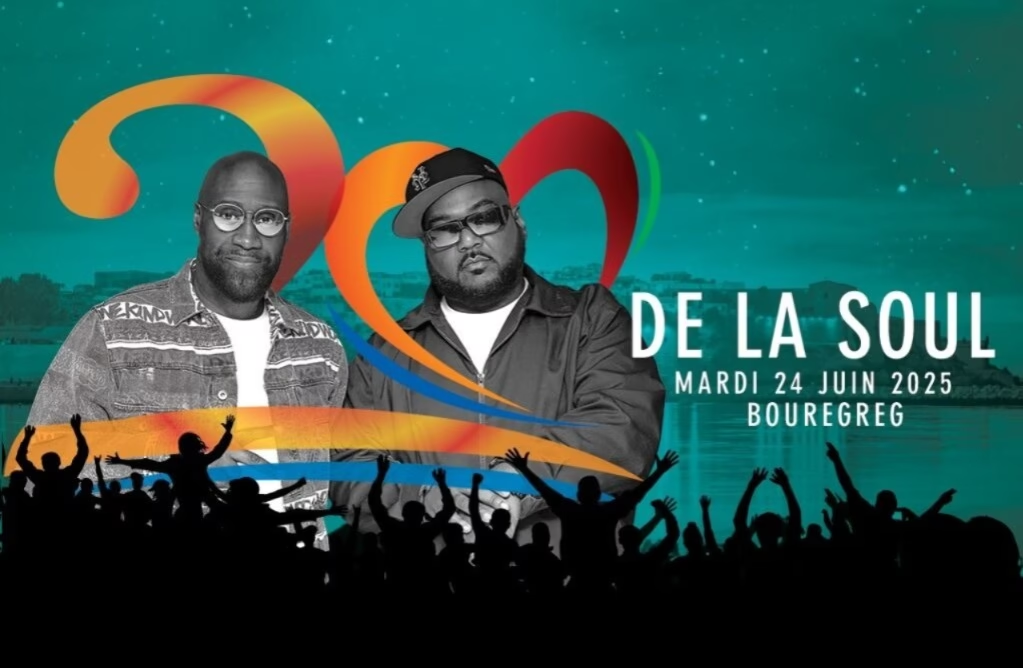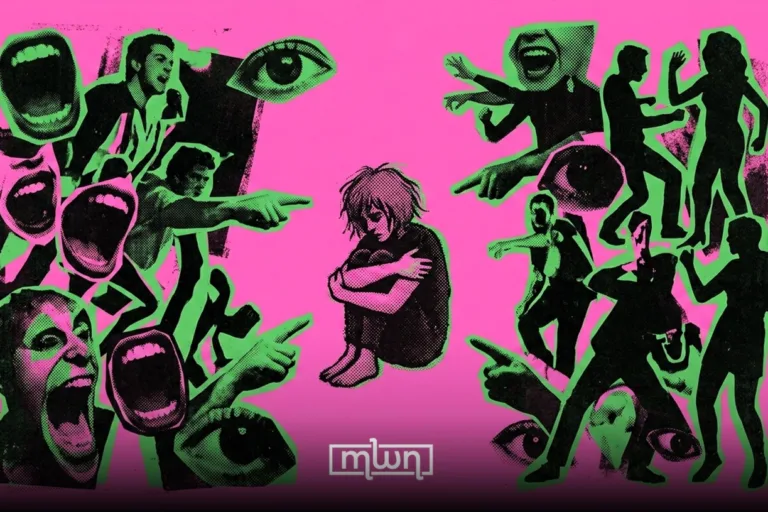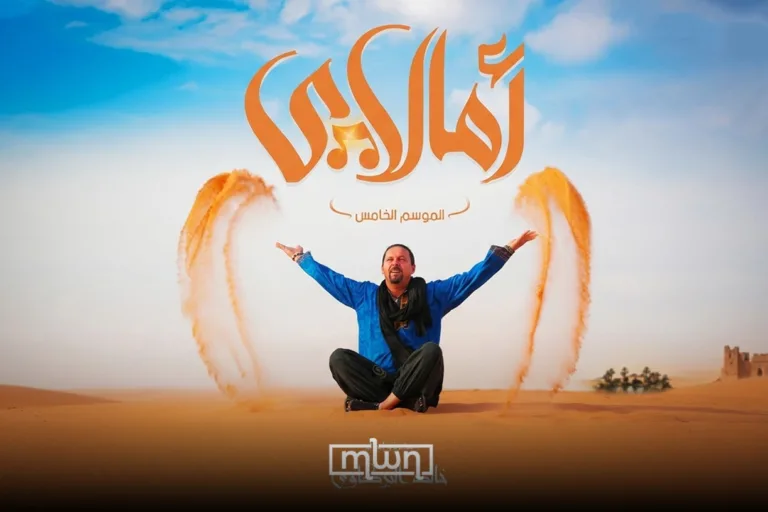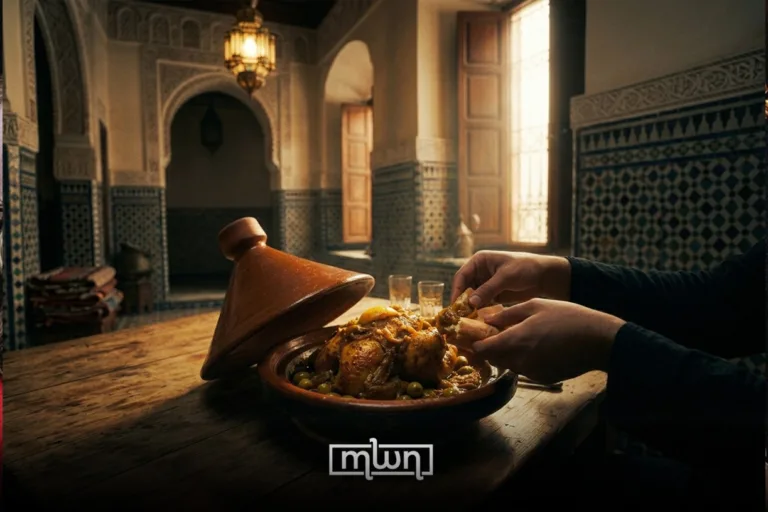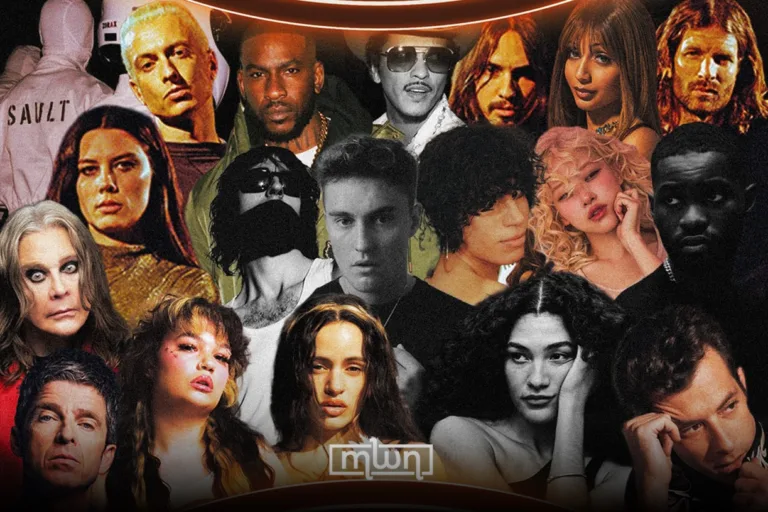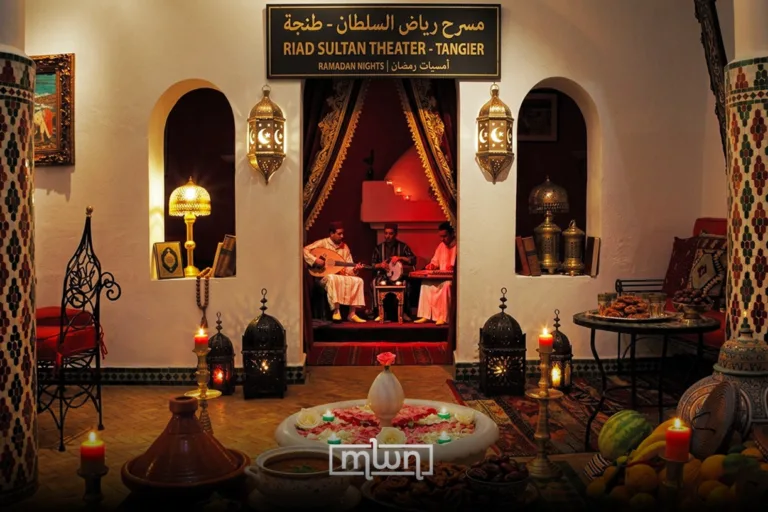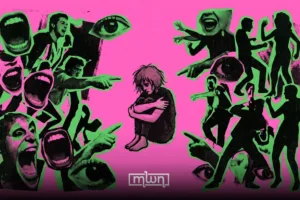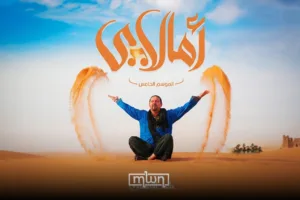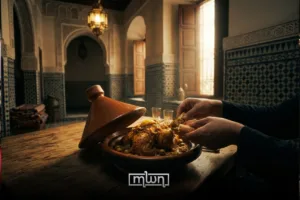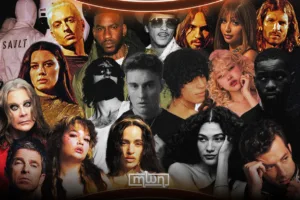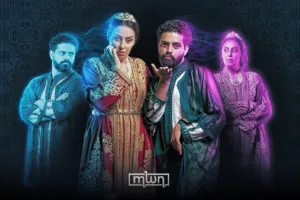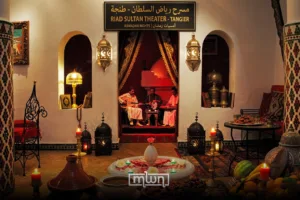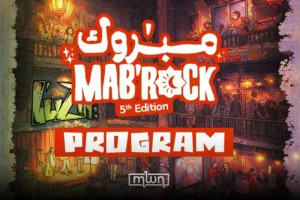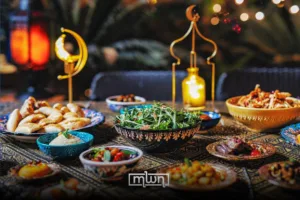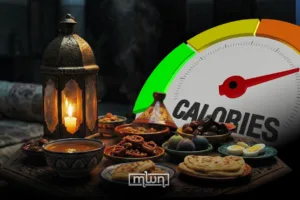Rabat – The legendary American group “De La Soul” took the stage last night at Bouregreg as part of the 20th edition of the Mawazine.
They delivered a performance that was equally an homage and a masterclass in hip-hop’s captivating soul.
Founding members, Posdnuos and Maseo, commanded the space with ease and warmth, fusing jazz, funk, and throwback boom bap in a way only they can. They were later joined by fellow rap icon Pharoahe Monch, sending the crowd into a frenzy.
With a career spanning nearly four decades, “De La Soul” reminded the audience why they remain one of the most respected names in the hip-hop game.
Their repertoire blended timeless classics like “Me, Myself and I,” “Ring Ring Ring (Ha Ha Hey),” “Eye Know,” and “The Magic Number.” Each track was delivered with the kind of contagious joy and lyrical precision that made the group a defining voice in the genre.
The energy never ran low during their performance. Whether interacting directly with fans or trading verses with Pharoahe Monch on tracks like “Oh No” and “The Life,” the show felt alive and deeply personal.
The crowd, which ranged from longtime fans to curious guests newcomers, echoed every refrain, proving the music’s cross-generational reach.
Last night also held a deeper meaning for the group as they performed as a duo following the 2023 passing of their founding member Trugoy the Dove. The show carried moments of subtle tribute.
Yet, there was no actual sadness; only celebration – as if they dedicated this night to him.The group’s chemistry and connection to their audience felt stronger than ever, radiating gratitude and purpose.
Closing the night, Posdnuos and Maseo raised the Moroccan flag above the stage – a gesture met with roaring applause. It was more than a symbolic moment –t was an exchange between cultures united by rhythm, resistance, and collective joy.
Founded in 1987 and known for their debut album “3 Feet High and Rising,” “De La Soul” remains a staple of alternative hip-hop. As part of the Native Tongues collective, they helped shape a genre rooted in community, creativity, and Black consciousness — values that still define their performances today.

